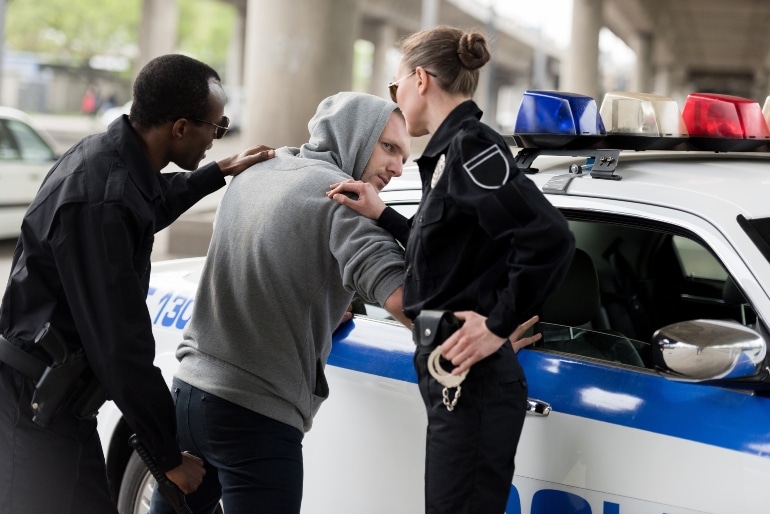Is Police Brutality Against the Law in Michigan? What You Need to Know
We expect police officers to protect our rights and keep us safe from those who would harm us. And, while most members of law enforcement do an admirable job of fulfilling this mission, there are unfortunate exceptions. Occasionally, some individuals are harmed by the very people who are supposed to protect them. However, because most of us are taught to respect authority, many victims misunderstand their rights. Is there a police brutality law? Here are the facts.
Do You Have a Case?What is police brutality/misconduct?
In general, police brutality (or misconduct) occurs when a law officer acts beyond the scope of their authority. While law enforcement personnel have certain rights when making an arrest or investigating an incident, citizens have rights, too. These rights are detailed in a series of state and federal laws designed to protect the civil rights of every individual.
Here are some examples:
- Unnecessary or illegal use of firearms, resulting in injury or death
- Excessive and unnecessary force, including the use of tasers or attack dogs
- Illegal or coercive questioning, including interrogating minors without a qualified adult present
- Sexual harassment
- Sexual assault
- Improper use of restraints
- False arrest
- Illegal imprisonment
- Illegal search and seizure
- Failure to accommodate a person’s medical needs, such as denying medication
- Failing to intervene when an individual’s rights are being violated by another member of law enforcement
- Conducting a traffic stop or making an arrest based solely on someone’s color or race
- Malicious prosecution, initiating a criminal proceeding without probable cause
Is police brutality against the law in Michigan?
Yes, police brutality and misconduct are illegal under state and federal laws. Some actions are prohibited by Michigan laws, while others violate federal codes. Furthermore, some behaviors are illegal under both Michigan and federal law. These statutes cover not only physical abuse but any actions that violate an individual’s civil rights.
However, many government employees, including law enforcement personnel, are protected by “qualified immunity.” This means they cannot be found liable as long as they acted “reasonably” and did not violate an individual’s constitutional rights. This is one of many reasons to hire a police brutality lawyer if you are mistreated by a member of law enforcement.
What can I do if my rights have been violated by law enforcement?
Typically, these are complicated situations, and the burden of proof falls to the plaintiff. This means the victim must prove the law enforcement officer(s) acted beyond the scope of their authority. In some cases, citizens may also have to prove they were victimized because of their color, religion or other classification protected by civil rights laws.
In addition, many of the applicable statutes leave room for interpretation and subjectivity on the part of law enforcement. For example, police officers are legally allowed to use “deadly force” if they believe there is an imminent life-or-death threat to themselves, another officer or another citizen. Therefore, if an officer shoots a citizen, it is the victim (or the survivors) to prove the officer fired without provocation.
Therefore, it’s important to contact an attorney who specializes in this area of the law if you are a victim of police brutality or misconduct.
Victims of police brutality are often entitled to monetary damages. However, they have to prove they suffered harm as a direct result of the experience. The harm can be physical, such as bodily injuries, or emotional/psychological, such as PTSD.
A knowledgeable police brutality attorney will evaluate your individual situation and help you achieve the best legal and financial outcome.
Police brutality laws are complicated, but finding the right lawyer is simple.
Call 1-800-CALL-SAM today for a free no-obligation consultation.
Do You Have a Case?Sources:
https://statelaws.findlaw.com/michigan-law/police-misconduct-claims-in-michigan.html
https://codes.findlaw.com/us/title-18-crimes-and-criminal-procedure/18-usc-sect-242.html
https://codes.findlaw.com/mi/chapters-760-to-777-code-of-criminal-procedure/mi-comp-laws-764-15.html
HAVE YOU BEEN INJURED?
Get The Bernstein Advantage® today!
Free. Simple. Quick.


